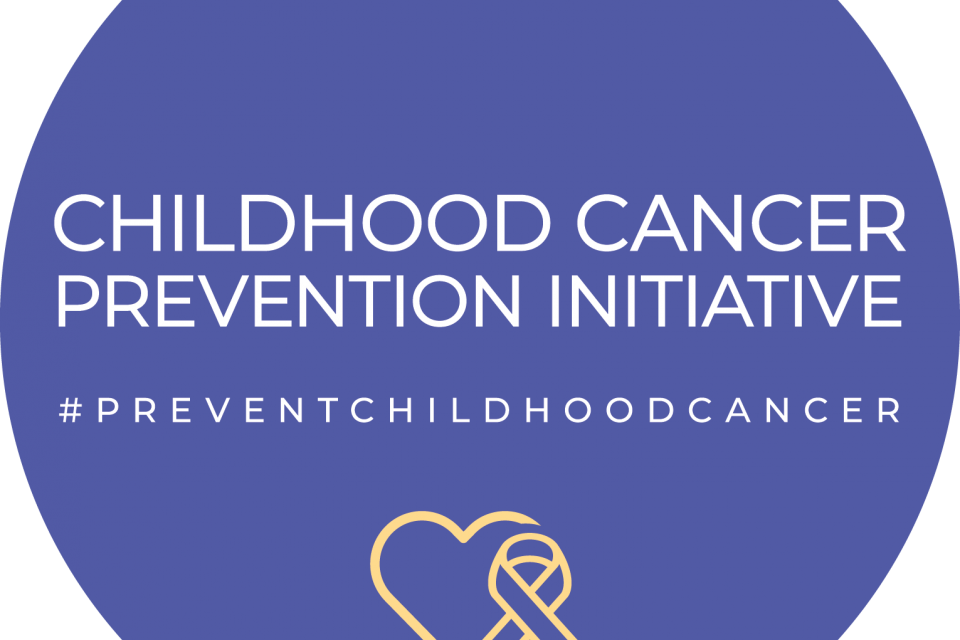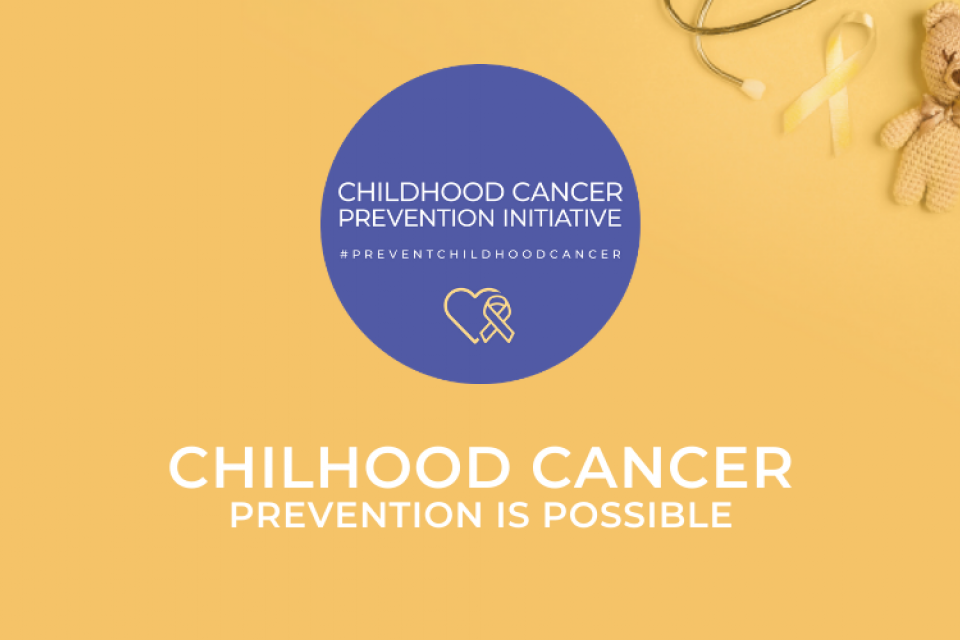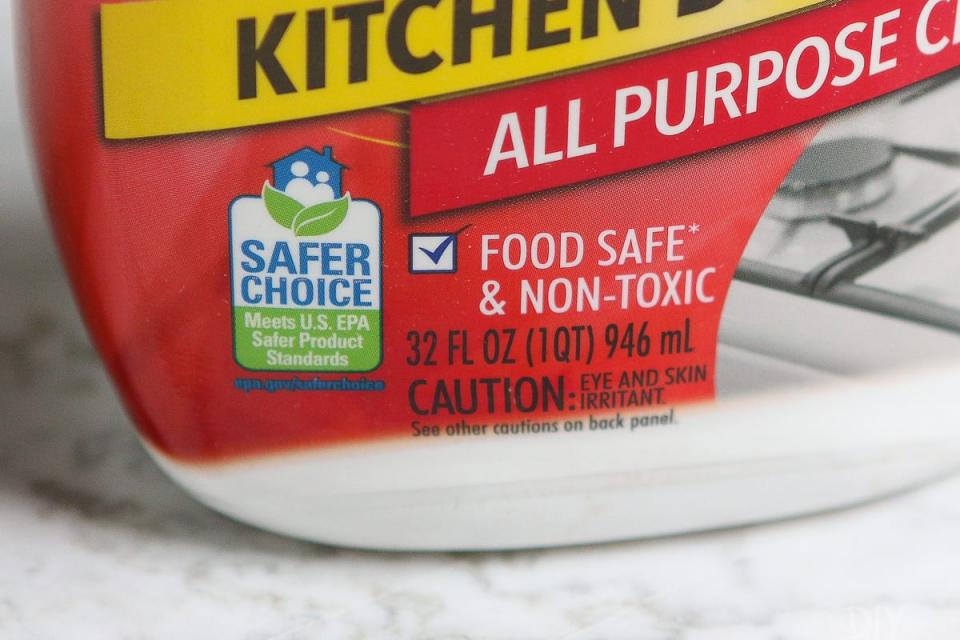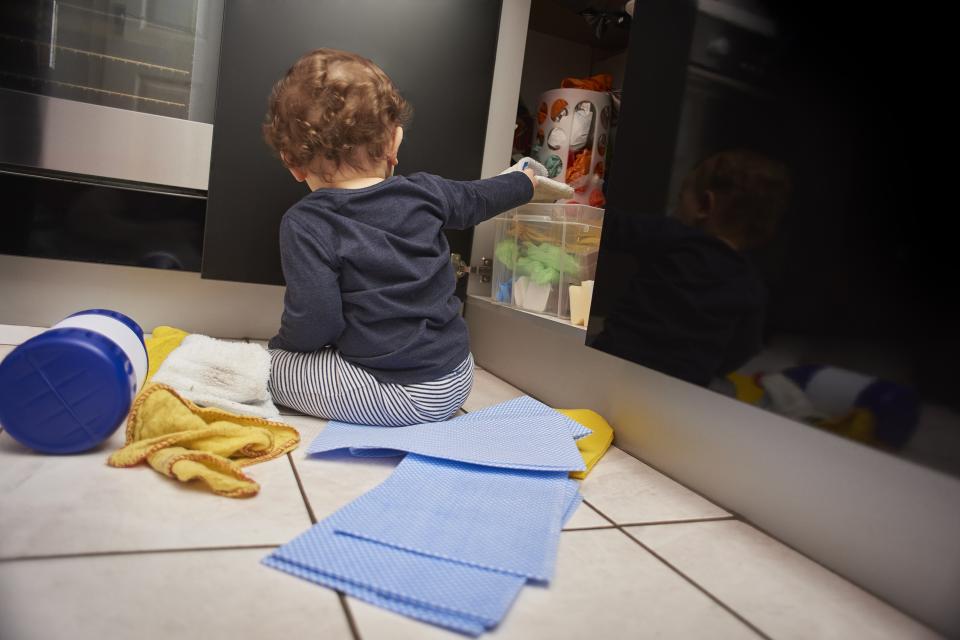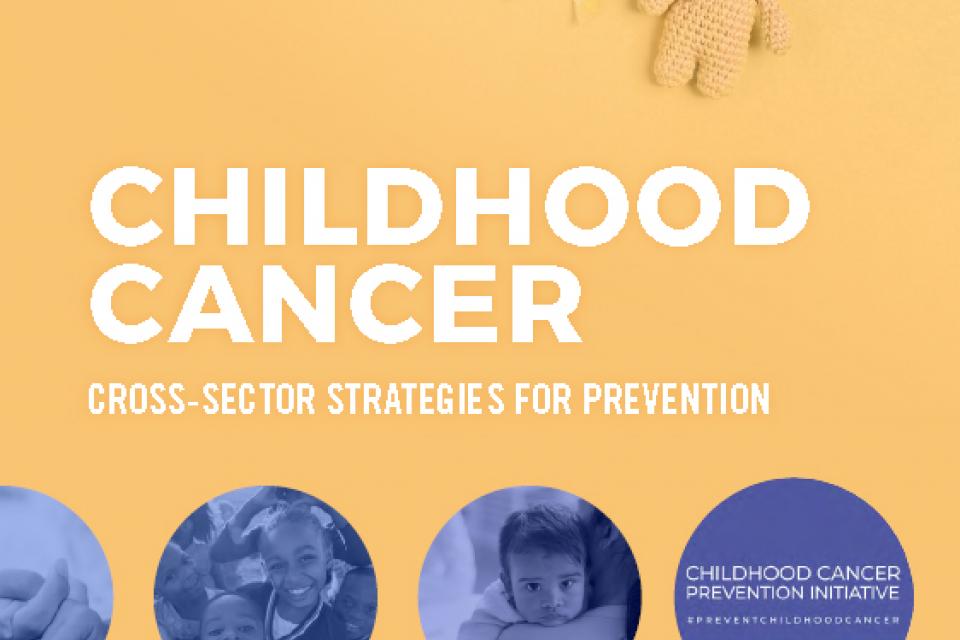Safer Chemicals
Childhood Cancer Prevention Initiative
Business Sign On
Cancer is the leading cause of death by disease among children in the United States.
And while fewer children are dying of cancer, the rate of children being diagnosed with cancer has actually increased by 34% since 1975. Costing $1.9 Billion a year due to hospitalizations.
The Childhood Cancer Prevention Initiative
Public Sign On
Did you know that cancer is the leading cause of death by disease among children in the United States?
While it is true that fewer children are dying of cancer than in the past, the rate of children being diagnosed with cancer has actually increased by 34% since 1975.
Preserve the Safer Choice Program
The Safer Choice program—formerly known as Design for the Environment—is the voluntary labeling program that epitomizes effective collaboration between the government and the private sector. It sends a signal to consumers that products certified under the program meet a higher, safer standard. Upending this safety approach would lead the program into analytical paralysis, creating time delays and cost inefficiencies. This does not make smart business sense. Please help preserve this safer chemicals program.
Cleaning Product Ingredients Disclosure
Cleaning product manufacturers do not have to label ingredients on their products, yet companies in other industries are used to labeling ingredients—and consumers expect it. We call for legislation requiring cleaning product manufacturers to fully disclose the ingredients in their products. Transparency in the marketplace is an essential business value, and will give consumers the information they need to make informed choices.
Oppose the Accurate Labels Act
The Accurate Labels Act (S. 3019 and H.R. 6022) overly restricts disclosures to consumers and provides a poor and constrained definition of “sound science.” Fundamentally, the bill is aimed at preempting state transparency and labeling requirements. At a time when consumers are demanding more transparency about what is in the products they use in the workplace and in their homes, this bill aims to limit their access to this this information. Sign on to tell Congress that these bills are not what consumers want, and not what a transparent and vibrant marketplace should look like.
What’s It Made Of?
Leading businesses aim to capture emerging market opportunities by reformulating their products and catalyzing change in their supply chains. These opportunities abound in furnishings and materials used in homes, offices and other environments where people spend time (and invest money). In the “What’s It Made of?” initiative, ASBC is committed, along with its partner, the Sustainable Furnishings Council, to supporting businesses in improving their supply chains, and to helping consumers seeking more environmentally safe furnishings.
Advocate for Federal and CA Safe Cosmetics Legislation
Responsible businesses believe ingredient transparency gives their employees and consumers the information they need to make safer, more informed choices about the products they work with and/or bring home to their families. Many of these businesses voluntarily disclose the ingredients in their cosmetics and salon products, while other manufacturers are allowed to keep potentially harmful ingredients a secret. Join other responsible businesses and demand disclosure of fragrance and flavor ingredients to ensure the public health protection of employees and consumers!
ASBC Victory: Science Gets Bipartisan Nod from Senate
ASBC is proud of our support for a new federal bill passed by the Senate which will emphasize American jobs and manufacturing while also protecting human health and the environment by helping to realize the full innovation and market potential of sustainable chemistry technologies. The Sustainable Chemistry Research and Development Act of 2019 passed the Senate on Dec. 11, 2020 as part of the fiscal 2021 National Defense Authorization Act.
White Papers, Business Cases, Case Studies & Polling
Download the Reports
Making the Business Case
These reports contain clear and compelling business and economic benefits exist for our policy positions. In fact, most of our policy positions include ones that have been painted by others as bad for business. These documents can be used to help educate policymakers and others about how policies based on sustainable principles can be good for all stakeholders, including the planet.



